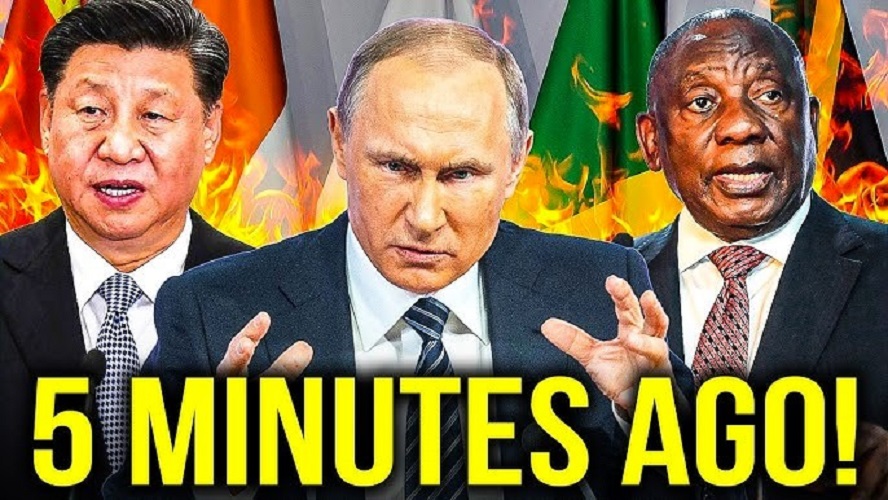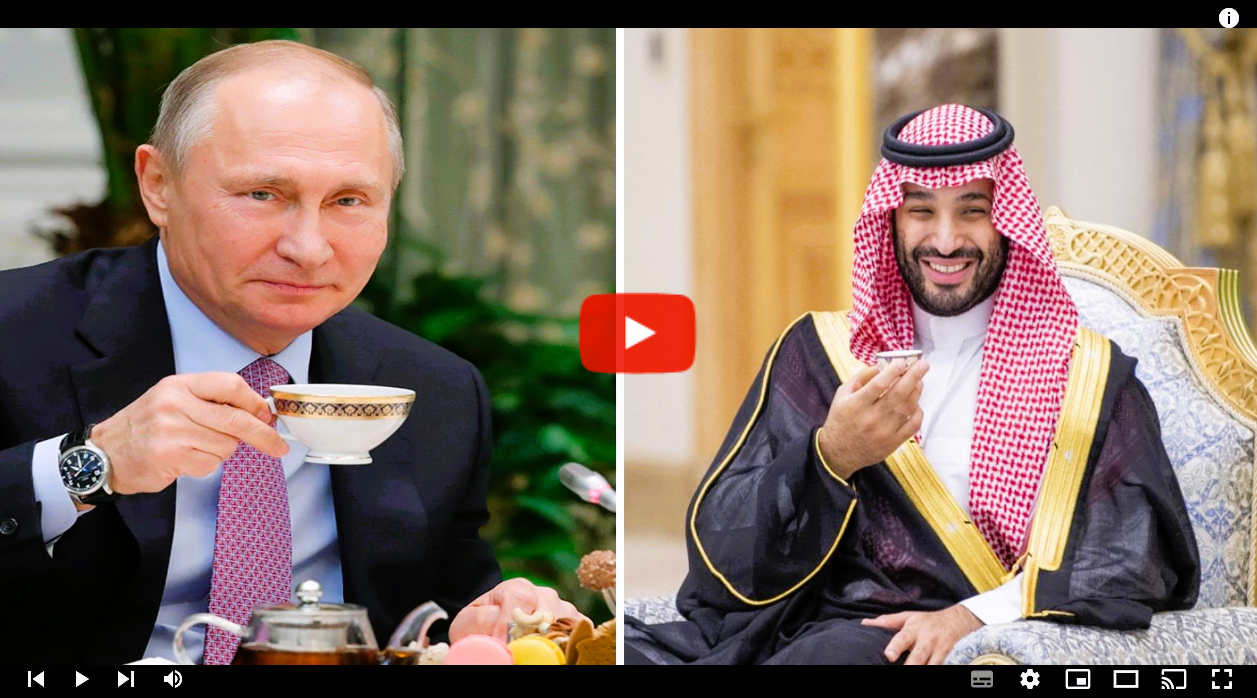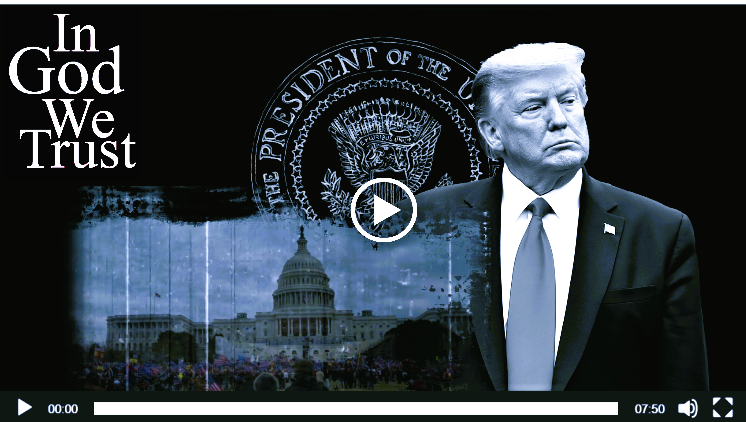BREAKING: Over 159 Countries Abandon SWIFT for the BRICS Payment System, Challenging U.S. Dollar Dominance! What’s Next?
Ready to uncover the truth? Sick of the lies? Join our Telegram Channel now. It’s time for the real story! My gratitude to all my readers!
BREAKING: Over 159 countries abandon the SWIFT network for the BRICS payment system, signaling a seismic shift in global finance. Discover how this move challenges the dominance of the U.S. dollar and reshapes the future of international trade in a new, multipolar world order.
Over 159 Countries Abandon SWIFT for the BRICS Payment System
Over 159 countries are preparing to adopt the BRICS payment system, marking a decisive shift away from the West-dominated SWIFT network and challenging the supremacy of the U.S. dollar. This unprecedented development is not just a tremor; it is a seismic event with the potential to upend decades of financial hegemony. The West, which has long enjoyed unparalleled control over global transactions, may soon find itself scrambling to maintain its grip as the BRICS nations, along with an overwhelming majority of the world, unite in defiance.
A New Financial Order: The Rise of the BRICS Payment System
The BRICS payment system, once considered a distant possibility, is now on the verge of becoming a reality that could reshape the global financial landscape. The BRICS nations—Brazil, Russia, India, China, and South Africa—have been quietly working behind the scenes, crafting an alternative to the SWIFT payment network that has long been the backbone of international financial transactions. Their goal is simple yet ambitious: to create a financial system that is free from the influence and control of Western powers, particularly the United States.
The Mechanisms Behind the BRICS Payment System
Unlike the SWIFT network, which is heavily centralized and controlled by Western financial institutions, the BRICS payment system is designed to be decentralized and more inclusive. This system allows member countries to conduct transactions in their local currencies, reducing the need for the U.S. dollar as a global intermediary. By doing so, it not only minimizes currency exchange costs but also diminishes the leverage that the U.S. has over global financial transactions.
The BRICS payment system is built on a robust technological framework that leverages blockchain and other advanced digital technologies. This not only ensures faster and more secure transactions but also provides a level of transparency that is often lacking in the traditional banking system. The result is a payment network that is not only more efficient but also more resistant to external manipulation.
The Rapid Adoption: Why Over 159 Countries Are Making the Switch
The sheer number of countries that have expressed their commitment to adopting the BRICS payment system is staggering. Out of the 195 recognized nations in the world, 159 have already pledged their allegiance to this new financial order. This mass exodus from the SWIFT network is not just a rejection of the current system but a clear indication of the growing dissatisfaction with the dominance of the West in global finance.
But why are so many countries so eager to make the switch? The answer lies in the allure of financial independence. For decades, many nations, particularly those in the Global South, have been at the mercy of Western financial institutions. The SWIFT network, while efficient, has often been used as a tool of economic coercion, with the U.S. wielding its influence to impose sanctions and other punitive measures on countries that dare to defy its policies. The BRICS payment system offers these nations a way out—a chance to regain control over their own financial destinies.
The Political Implications: A Defiant Stand Against the West
The adoption of the BRICS payment system is not just an economic decision; it is a political statement. By moving away from the SWIFT network, these 159 countries are collectively rejecting the West’s stranglehold on global finance. This is particularly significant in the context of the growing geopolitical tensions between the West and the rest of the world.
For years, the United States and its allies have used their control over the global financial system to enforce their will on other nations. Sanctions, asset freezes, and other financial measures have been deployed as tools of coercion, often with devastating effects on the targeted countries’ economies. The BRICS payment system represents a direct challenge to this power, offering an alternative that is immune to Western influence.
The End of Dollar Dominance?
One of the most profound implications of the BRICS payment system is the potential end of the U.S. dollar’s dominance in global trade. For decades, the dollar has been the world’s reserve currency, used in the vast majority of international transactions. This has given the U.S. an unparalleled level of control over the global economy, allowing it to print money at will and run massive deficits without facing the same consequences as other nations.
However, as more countries adopt the BRICS payment system, the demand for dollars in international trade is likely to decrease. This could lead to a decline in the dollar’s value, making it more difficult for the U.S. to maintain its current level of debt. In the long term, this could undermine the U.S.’s ability to project power on the global stage, forcing it to adopt a more cautious and cooperative approach to international relations.
The Challenges Ahead: Can the BRICS System Sustain Itself?
While the BRICS payment system presents a formidable challenge to the current financial order, it is not without its own set of challenges. Building a global payment network from scratch is no small feat, and the BRICS nations will need to overcome significant technical, political, and economic hurdles to make their vision a reality.
One of the key challenges will be ensuring the interoperability of the BRICS payment system with existing financial networks. While many countries are eager to join, the transition from SWIFT to BRICS will require a significant overhaul of their existing financial infrastructure. This will involve not only technological upgrades but also changes in regulatory frameworks and financial practices.
Top 2024 VIDEO: They Call it “THE MASTER KEY Of The Universe”
Moreover, the BRICS nations themselves will need to ensure that their new system is inclusive and equitable. One of the main criticisms of the current financial order is that it benefits a small group of wealthy nations at the expense of the rest of the world. If the BRICS payment system is to succeed, it must avoid replicating these same patterns of inequality and exclusion.
The Geopolitical Shifts: A New World Order in the Making?
The rise of the BRICS payment system is not just about finance; it is about the broader geopolitical shifts that are reshaping the world. As more countries turn their backs on the West and align themselves with the BRICS bloc, we are likely to see a new world order emerge—one that is more multipolar and less dominated by a single superpower.
This shift is already becoming evident in other areas of international relations. For instance, the BRICS nations have been increasingly assertive in their foreign policies, challenging the West on issues such as trade, climate change, and human rights. At the same time, alliances such as the Shanghai Cooperation Organization (SCO) and the Belt and Road Initiative (BRI) are expanding their influence, creating new centers of power that are independent of Western control.
The Western Response: Can SWIFT and the Dollar Survive?
As the BRICS payment system gains momentum, the West is unlikely to sit idly by. We can expect to see a range of responses from the U.S. and its allies, aimed at preserving their dominance in the global financial system.
One possible response could be the modernization of the SWIFT network to make it more competitive with the BRICS system. This could involve the introduction of new technologies, such as blockchain, to improve the speed and security of transactions. Additionally, the West may seek to strengthen its alliances with countries that are still reliant on the dollar, offering economic incentives to keep them within the fold.
MAKE AMERICA HEALTHY AGAIN: HOME RETREAT | HOW TO RENEW YOUR CELLS IN 7 DAYS
However, these measures may only be stopgap solutions. The fundamental issue is that the current financial system is increasingly seen as outdated and unfair, particularly by countries in the Global South. Unless the West can address these concerns and offer a more equitable and inclusive alternative, it may find itself losing its grip on global finance.
The Ripple Effect: How the BRICS Payment System Will Impact Global Trade
The adoption of the BRICS payment system will have far-reaching implications for global trade. As more countries transition to this new network, we can expect to see a significant shift in trade patterns, with BRICS nations and their allies becoming increasingly dominant players in the global economy.
One of the key impacts will be the reduction in the use of the U.S. dollar in international trade. This could lead to the rise of regional currencies, such as the Chinese yuan and the Indian rupee, as alternative mediums of exchange. In turn, this could create new opportunities for countries that are currently marginalized in the global trading system, allowing them to trade on more favorable terms.
Another potential impact is the creation of new trading blocs, centered around the BRICS nations. These blocs could challenge the existing Western-dominated trade agreements, such as the Trans-Pacific Partnership (TPP) and the North American Free Trade Agreement (NAFTA), offering an alternative model of economic cooperation that is based on mutual benefit rather than exploitation.
The Future of Global Finance: What Lies Ahead?
As the world moves towards the adoption of the BRICS payment system, we are entering a new era in global finance—one that is marked by greater diversity and competition. This could lead to a more stable and resilient financial system, one that is less prone to the kinds of crises that have plagued the global economy in recent decades.
However, this transition will not be without its challenges. The shift away from the SWIFT network and the U.S. dollar will require significant adjustments from all parties involved, and there will inevitably be periods of instability and uncertainty. But in the long run, the emergence of a multipolar financial system could bring about a more balanced and equitable global economy, benefiting not just the BRICS nations but the world as a whole.
Conclusion: The Dawn of a New Financial Era
The decision of over 159 countries to adopt the BRICS payment system represents a watershed moment in the history of global finance. It is a bold and defiant move that challenges the dominance of the West and signals the beginning of a new financial era. As the world shifts away from the SWIFT network and the U.S. dollar, we can expect to see profound changes in the way that international transactions are conducted and the balance of power in the global economy.
While the road ahead will be fraught with challenges, the potential rewards are immense. A more inclusive and decentralized financial system could provide greater opportunities for economic growth and development, particularly for countries in the Global South. At the same time, it could lead to a more stable and resilient global economy, one that is less vulnerable to the whims of a single superpower.
The rise of the BRICS payment system is not just a story about finance; it is a story about the future of the world. As we stand on the brink of this new era, one thing is clear: the days of Western financial dominance are numbered, and a new order is emerging—one that is more diverse, more equitable, and more just.










![TOP INTEL ALERT | WAR ROOM BULLETIN — “GENERAL FLYNN WARNS: NATO IS PROVOKING A NUCLEAR CONFLICT — TRUMP MUST ACT” [VIDEO]](https://amg-news.com/wp-content/uploads/2025/06/General-Flynn-NATO-warning-450x239.png)
![OFFICIAL DOCS JUST RELEASED | “OBAMA NAMED IN ADRENOCHROME TRAFFICKING RING — GOVERNMENT DOCS REVEAL HORRIFIC FEDERAL INVOLVEMENT” [VIDEO]](https://amg-news.com/wp-content/uploads/2025/06/OBAMA-NAMED-IN-ADRENOCHROME-TRAFFICKING-RING--450x256.png)
![BREAKING INTEL REPORT | GLOBAL ESCALATION ALERT | “OPERATION SPIDERWEB” – PUTIN ISSUES MILITARY WARNING AFTER UKRAINE STRIKES STRATEGIC BOMBER BASES INSIDE RUSSIA [VIDEO]](https://amg-news.com/wp-content/uploads/2025/06/Putin-threat-after-drone-strike-450x335.jpg)
![BREAKING NEWS | JUNE 3, 2025 | TRUMP’S AMERICA STRIKES HARD: FBI HUNTS THE GENDER BUTCHERS — FEDERAL CRACKDOWN IGNITED TO PROTECT OUR CHILDREN [VIDEO]](https://amg-news.com/wp-content/uploads/2025/06/TRUMPS-AMERICA-STRIKES-HARD-FBI-HUNTS-THE-GENDER-BUTCHERS-450x252.png)

7 Comments
Over 159 Countries Abandon SWIFT – any proofs?
Yes, dear.
That’s nice, dear.
There is nothing next because there is no real money to support BRICS. This is all setup to produce fear.
I will not matter to me any way because at the end of the day I’m still living in poverty.